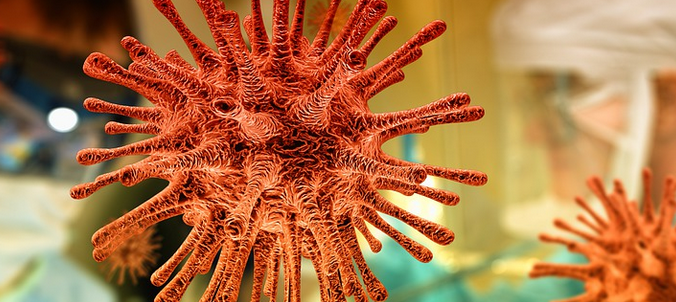Introduction
Aspartame is an artificial sweetener that has been used in various food and drink products since the 1980s. It is widely used as a sugar substitute due to its low-calorie content. However, there have been concerns about the link between aspartame and cancer. This article aims to explore the evidence behind these claims.
What is Aspartame?
Aspartame is a non-nutritive, low-calorie artificial sweetener. It is made up of two amino acids, namely aspartic acid and phenylalanine. It is commonly used as a sugar substitute in various food and drink products, including soft drinks, chewing gum, and processed foods.
The Controversy
The use of aspartame has been a topic of controversy for several decades. Some studies have suggested that aspartame may be linked to cancer, while others have found no such link. The controversy stems from the fact that aspartame breaks down into various chemicals in the body, including methanol, which is known to be toxic in high doses.
Studies on Aspartame and Cancer
Several studies have been conducted on the link between aspartame and cancer. In 2005, a study conducted by the European Ramazzini Foundation of Oncology and Environmental Sciences found that rats exposed to high doses of aspartame had a higher incidence of lymphomas and leukemias. However, some scientists have criticized this study for its methodology and the fact that rats metabolize aspartame differently than humans.
Regulatory Agencies and Aspartame
Despite the controversy surrounding aspartame, several regulatory agencies have deemed it safe for consumption. The Food and Drug Administration (FDA) in the United States, the European Food Safety Authority (EFSA), and the World Health Organization (WHO) have all concluded that aspartame is safe for human consumption at current levels.
Conclusion
In conclusion, the link between aspartame and cancer remains a topic of debate. While some studies have suggested a link, others have found no such association. Regulatory agencies have deemed aspartame safe for consumption at current levels. However, individuals with phenylketonuria (PKU) should avoid aspartame, as they cannot metabolize phenylalanine. As always, it is important to consume artificial sweeteners in moderation and to consult with a healthcare professional if you have any concerns about their safety.

